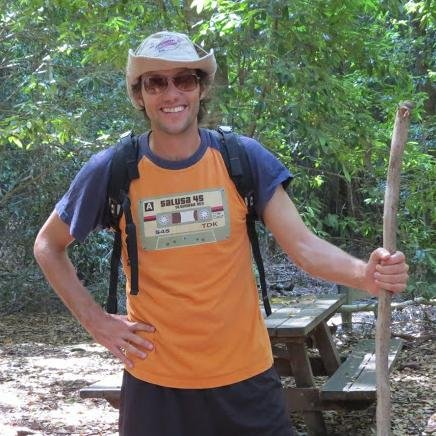Thoughts on Recoding America
I’ve often thought about whether I should write about my experience working in the government, but I don’t think I would have much to add, other than my own user stories, to Jennifer Pahlka’s Recoding America. The book does a great job of capturing the trials of working in digital spaces within the US Federal government. It clearly describes the issues ranging from the laws that have been created, the regulations that limit, the processes that obscure, and the frustrations that occur in trying to create services while working in the government. Also, it has some very insightful footnotes and anecdotes.
